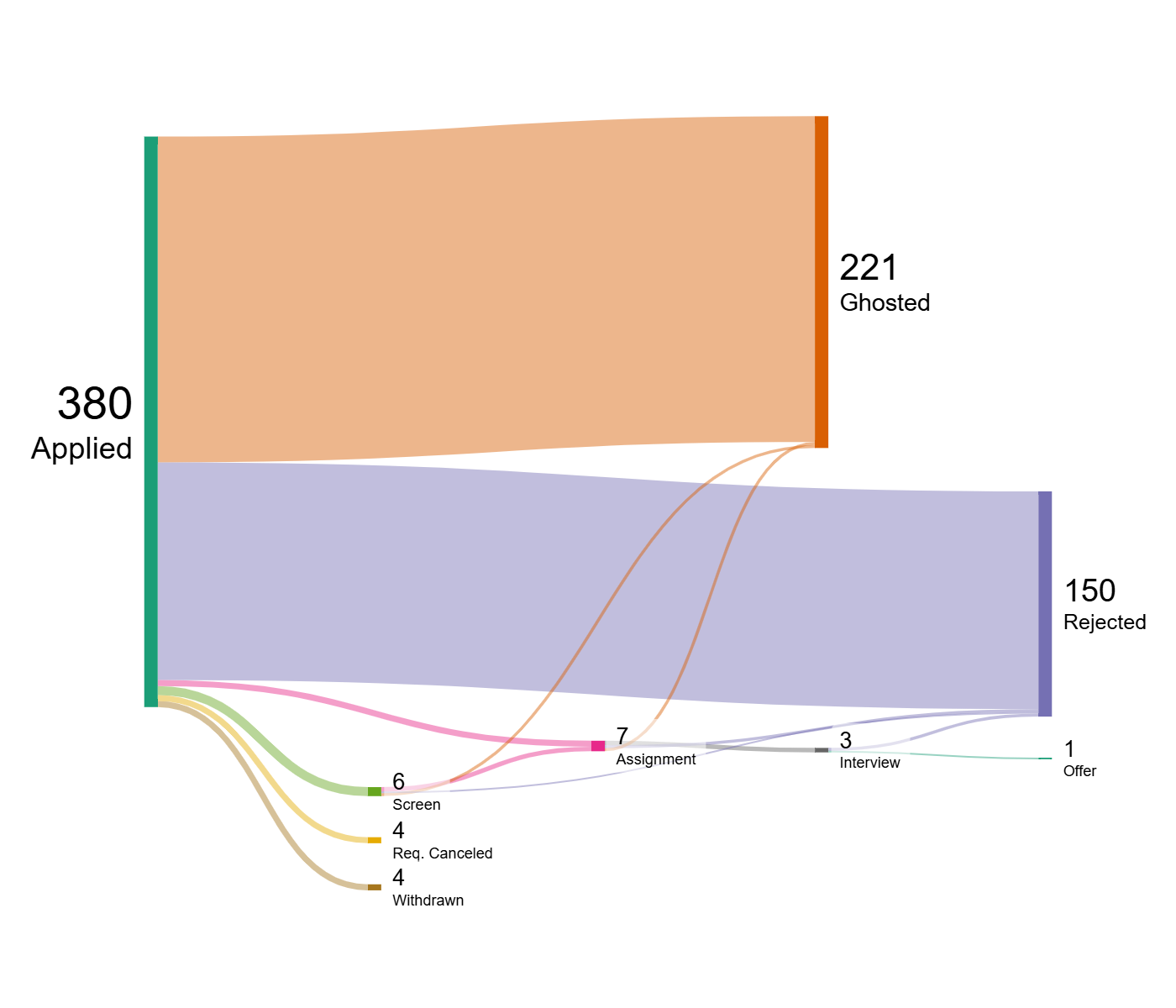Tags:
DevOps
,
Homelab
,
Observability
,
Kubernettes
Published Jan. 25, 2026, 9:19 a.m. by wielandtech
I've been running a Kubernetes homelab for a while now, and while I've written about the setup before, I recently added something new that I'm pretty excited about: live cluster metrics on the homelab page.
What's New
The homelab page used to be pretty static--just a list of what's running and some hardware specs. Now it shows real-time metrics pulled directly from my cluster. CPU usage, memory, network traffic, disk I/O, temperatures, pod counts, deployment health, and uptime--all updating every second.
It's powered by Netdata agents running on each of my three nodes. I've been using Netdata alongside Prometheus and Grafana for a while, but I never exposed the data publicly before. The API is straightforward, and it gives me exactly what I need without the overhead of querying Prometheus for simple metrics.
The Metrics
…
Tags:
Golang
,
Job Search
Published Nov. 7, 2025, 3:31 a.m. by wielandtech
In case you've been living under a rock, the job market for software engineers in 2025 has been pretty abysmal. It for this reason that I am proud to announce that I've landed a new role.
Not only is it a role, but judging from my first two weeks it's going to be an awesome role! It's a small, remote company which has been experiencing astronomical growth. My team is brand new, with high impact and visibility. I am immensely grateful for the opportunity be the team's scrum master while also getting paid to learn golang.
In light of this achievement, I wanted to share the struggle that got me here: 8 months of unemployment and 380 job applications submitted.

Tags:
DevOps
,
Homelab
,
Kubernetes
Published Oct. 20, 2025, 7:03 p.m. by wielandtech
After this morning’s AWS outage, which took down roughly 30% of the global Internet, I wanted to share how I’m keeping my website resilient and independent from the big cloud providers.
What started as a simple need to add a Redis cache to my Django website has turned into a bare-metal, three-node Kubernetes homelab. It now hosts my applications and services securely, efficiently, and completely under my control. The goal is simple: reduce dependence on centralized cloud platforms and take one small step toward democratizing the Internet.
From an Idea to a Self-Hosted Platform
Over the past six months, I’ve been steadily learning and building. The process has involved everything from hardware setup to cluster automation. This past weekend marked a big milestone: I deployed an NGINX reverse proxy on my VPS to forward public …

